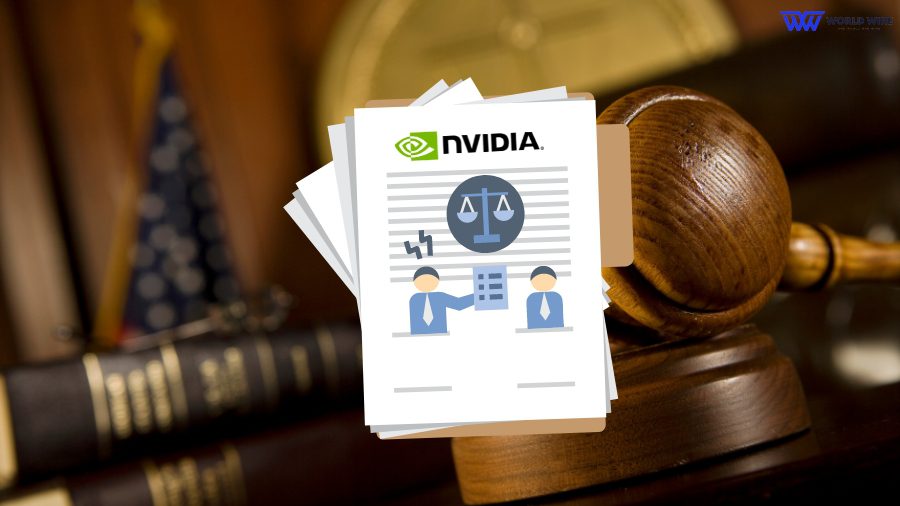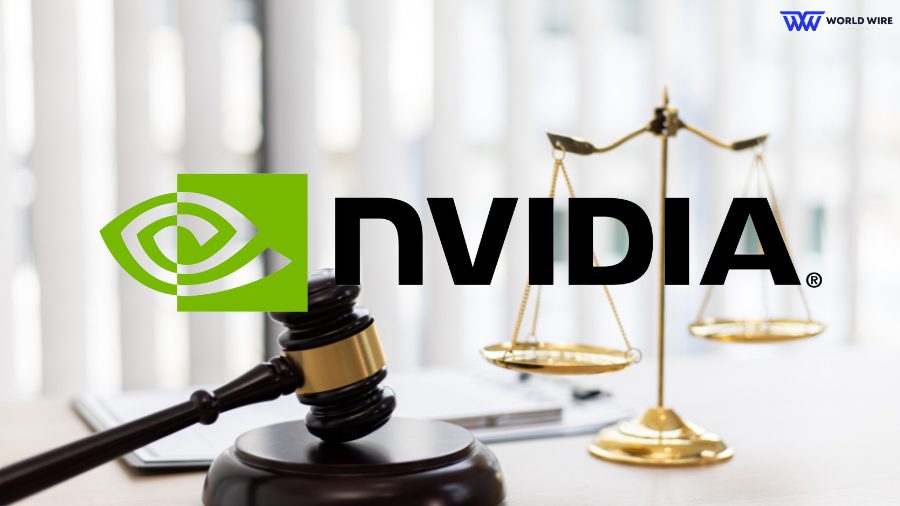Nvidia Corporation, headquartered in Santa Clara, California, and incorporated in Delaware, is a well-known American multinational corporation and technology company.
This company is known for creating and providing System-on-a-chip (SoC) for mobile computing and the automotive industry, graphics processing units (GPUs), and application programming interfaces (APIs) for data science and high-performance computing.
Additionally, Nvidia is a leading provider of software and hardware for Artificial intelligence (AI).
Nvidia Corporation was recently sued by a group of authors who claimed that it used its copyrighted book to train its AI platform, NeMo, without permission.
NeMo is a conversational AI tool designed for text-to-speech synthesis (TTS), natural language processing (NLP), and automatic speech recognition (ASR) researchers. Nvidia promotes NeMo as an easy and quick way to use generative AI.
Before being removed in October “due to reported copyright infringement,” the three authors, Brian Keene, Abdi Nazemian, and Stewart O’Nan, said their works were part of a dataset of roughly 196,640 books that helped train NeMo to replicate conventional written language.
The authors of a proposed class action filed in federal court in San Francisco on Friday night claimed that Nvidia “admitted” that it trained NeMo on the dataset, infringing their copyrights, which is why the takedown occurred.

The case is Nazemian et al v Nvidia Corp, U.S. District Court, Northern District of California, No. 24-01454.
For Americans whose copyrighted works were used to train NeMo’s “large language models” during the previous three years, they are appealing for unspecified damages.
The lawsuit includes the following literary works: Keene’s 2008 novel Ghost Walk, Nazemian’s 2019 novel Like a Love Story, and O’Nan’s 2007 novella Last Night at the Lobster.
In increasing cases, writers and the New York Times are suing Nvidia over generative AI, which generates new content from inputs like text, photos, and sounds.
Microsoft and OpenAI, the companies that developed the AI platform ChatGPT, are among the other businesses that have sued over the technology.
AI technology has been growing rapidly and is constantly being criticized for its development. While some claim it’s useful for making human work easier, others condemn it as dangerous.
Though there has been a dispute over the technology itself, it has not stopped the advancement and experiments surrounding it.
The AI boom has contributed to the industry’s growth, and many chipmakers are reaping the benefits of this growing technological demand.
One such example is that since the end of 2022, the stock price of the Santa Clara, California-based chipmaker Nvidia has increased by about 600%, placing it at a market worth of almost $2.2 trillion.







Add Comment